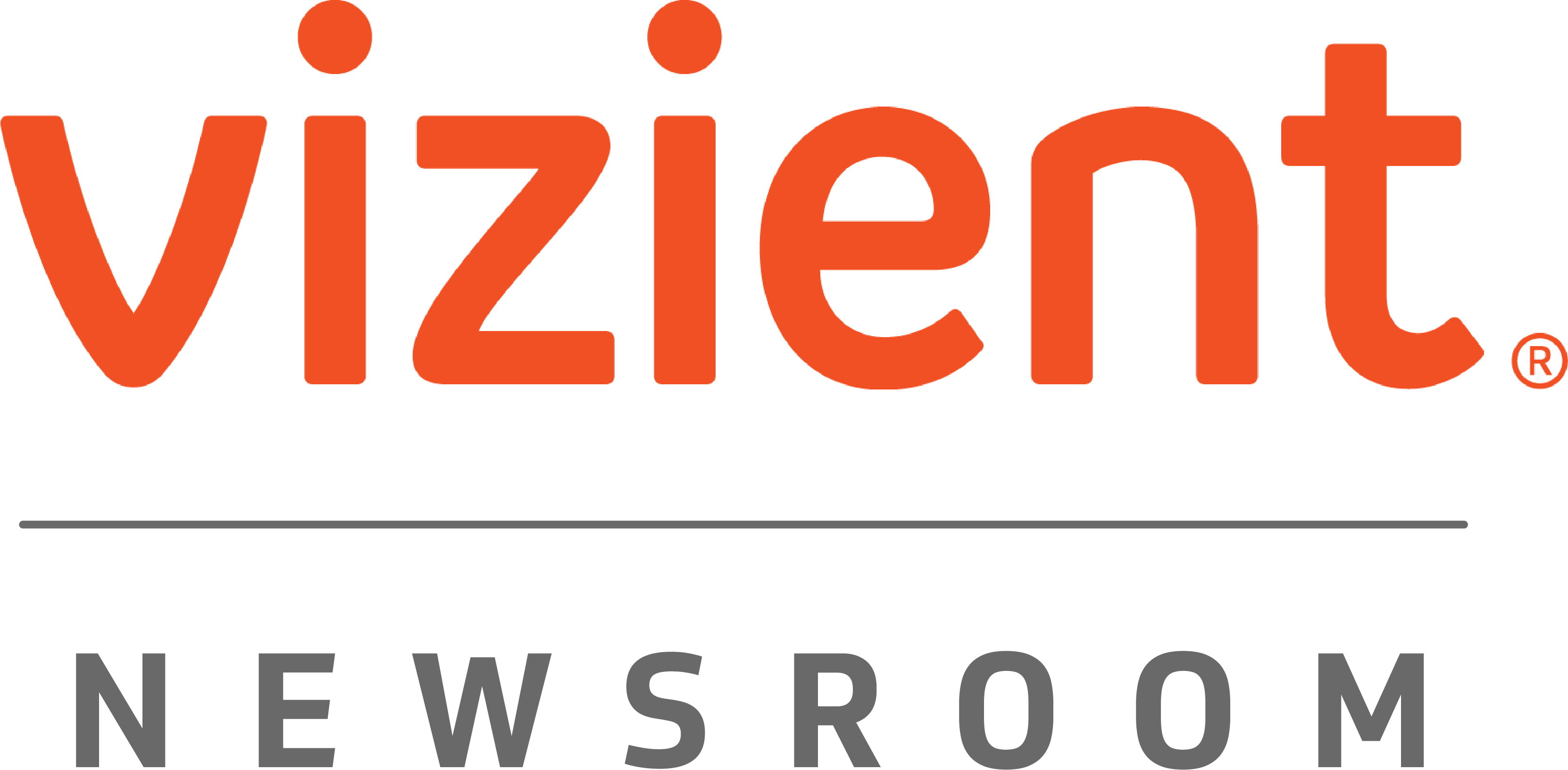IRVING, Texas, June 20, 2024 – Vizient, Inc. examines pulsed field ablation technologies for atrial fibrillation and the role wearable monitoring devices can play in women's cardiovascular health in the latest Medical Device Tech Watch.
"New technologies—like pulsed field ablation and wearable heart monitoring—and clinical decision support tools present providers with the opportunity to improve care pathways and determine how to provide cost-effective care," said Bonnie Lai, senior vice president and general manager, Vizient. "By working closely with providers, we have developed best practices for operationalizing the use of these innovative technologies and tools."
Featured articles include:
Top three questions providers are asking about the latest in electrophysiology technology: pulsed field ablation — As atrial fibrillation becomes more common and poses a greater burden on patients and healthcare systems, a need has arisen for efficient and coordinated cardiovascular care. The promising clinical results from pulsed field ablation (PFA) have generated a wave of enthusiasm and interest with a major study reporting a 60-70% success rate for patients living a-fib free after one year. Supply utilization and reimbursement policies will determine the margin impact of PFA. But with a lower risk of injury than other a-fib ablation modalities, most hospitals with comprehensive electrophysiology programs are exploring this new technology.
How women's cardiovascular care differs and the role of wearable technologies — Addressing gaps in care for women with heart disease is crucial. Providers can narrow the gap between men and women by identifying and understanding women's unique risk factors and heart disease symptoms, such as fatigue, jaw or tooth pain and emphasizing disease prevention. As new generations of wearable heart monitoring devices emerge, increasing accuracy and functionality, uptake is generally higher among women compared to men, but adoption rates lag overall among adults over 50 and patients with lower incomes. Higher adoption rates could be leveraged to improve care.
How can healthcare providers and their patients benefit from clinical decision support tools? Clinical decision support tools offer healthcare providers the ability to automate operations, reduce the cost of care and enable collaboration among clinicians. Not only does the new technology benefit patients and insurance providers, but its use will also be a requirement by the Centers for Medicare and Medicaid Services for imaging and lab testing reimbursement under the Protecting Access to Medicare Act. This article outlines the benefits of CDS, such as the help it provides in assembling clinical evidence and aggregating drug information as well as its obstacles.
Read more about Medical Device Tech Watch.
About Vizient, Inc.
Vizient, Inc., the nation's largest provider-driven healthcare performance improvement company, serves more than 65% of the nation's acute care providers, which includes 97% of the nation's academic medical centers, and more than 35% of the non-acute market. Vizient provides expertise, analytics and consulting services, as well as a contract portfolio that represents $140 billion in annual purchasing volume. Solutions and services from Vizient improve the delivery of high-value care by aligning cost, quality and market performance. Headquartered in Irving, Texas, Vizient has offices throughout the United States. Learn more at www.vizientinc.com.
